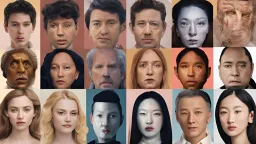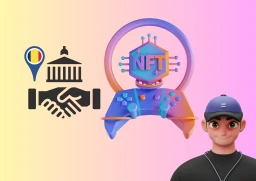Grimes says: made more money from NFT than in her entire career
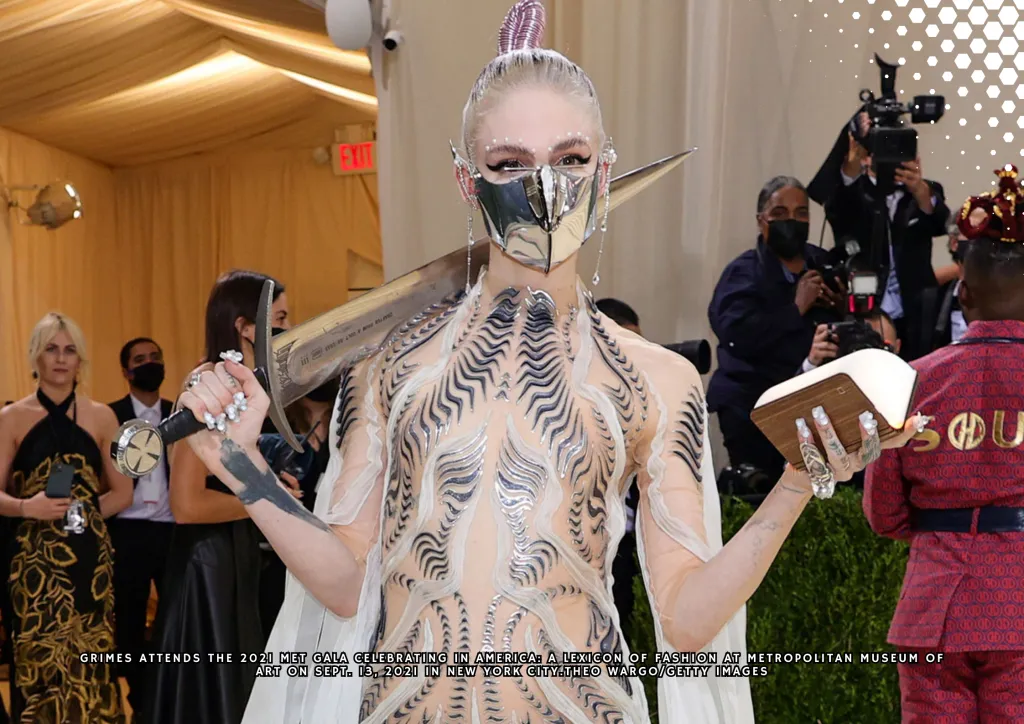
A 20-minute NFT sale by Canadian singer Grimes brought in $5.8 million. This indicates the musician’s significant success in the NFT market. Her AI-voice technology and collaborative ethos show how art and technology may coexist. Grimes’ voyage also signaled the start of a period in which celebrities transformed NFTs into business prospects, turning them from purely artistic works into speculative investments.
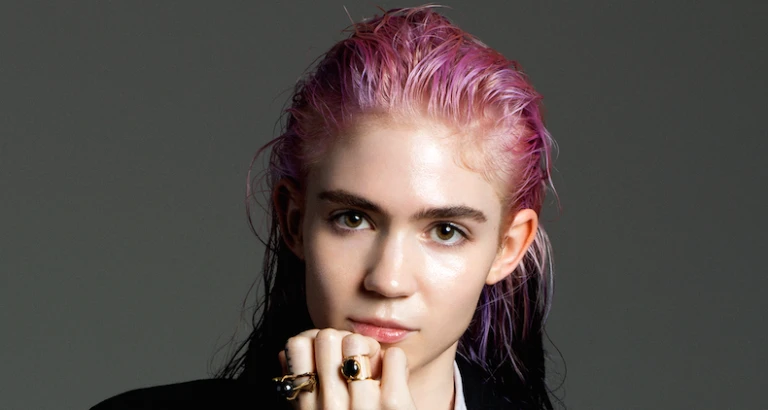 Source: pitchfork.com
Source: pitchfork.comThe “WarNymph” NFT collection was introduced by Grimes in 2021. She released it as a set of 10 NFTs created in partnership with her brother, Mac Boucher.
This was a turning point that resulted in the collection earning a stunning $5.8 million in less than 20 minutes. This demonstrated the NFT ecosystem’s potential for digital art.
Made more money in NFT?
When asked if she had made more money from selling NFTs than from her music career, Grimes responded, “Yeah”, “That was on my brother,” Grimes said of the money she earned selling NFTs. “He had a real vision, and we wound up doing one of the first big ones. It did actually change my life.”
In an interview, Grim told Wired, that “I’m sad about what happened to NFTs and crypto because it got polluted fast with people trying to make as much money as possible. But I do want to think about compensating artists, especially digital artists. And I hope when the aggro niche dies down, we can come back,” Grimes told Wired.
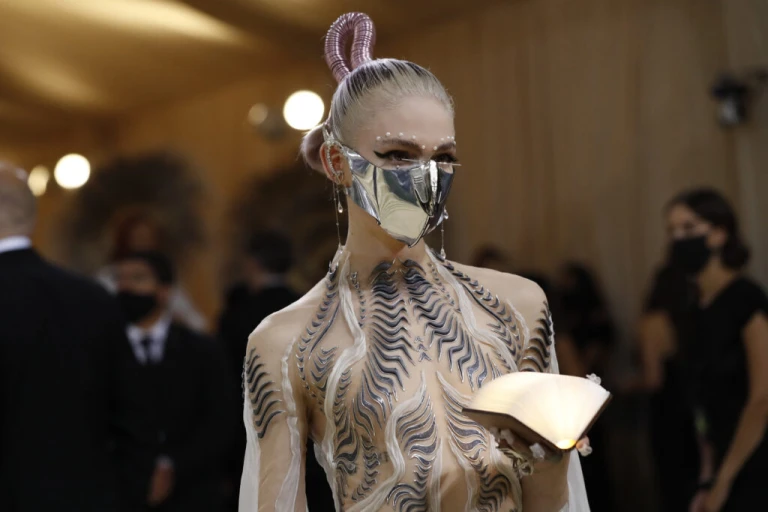 Source: Met Gala – 2021. Grimes in Iris van Herpen. REUTERS/Mario Anzuoni
Source: Met Gala – 2021. Grimes in Iris van Herpen. REUTERS/Mario AnzuoniGrim’s AI software allows users to incorporate her voice to their projects and she offers 50% royalties to the ones who make use of this service.
Source: CoinDesk on YouTubeThe way Grimes reacts to user-created songs that feature her AI vocals sheds light on how her artistic identity is developing. This marriage of technology and creativity exemplifies how deeply technology has worked together with the creative process.
Follow us on Instagram, Facebook, and Twitter!
Read on D&D AI controversy



